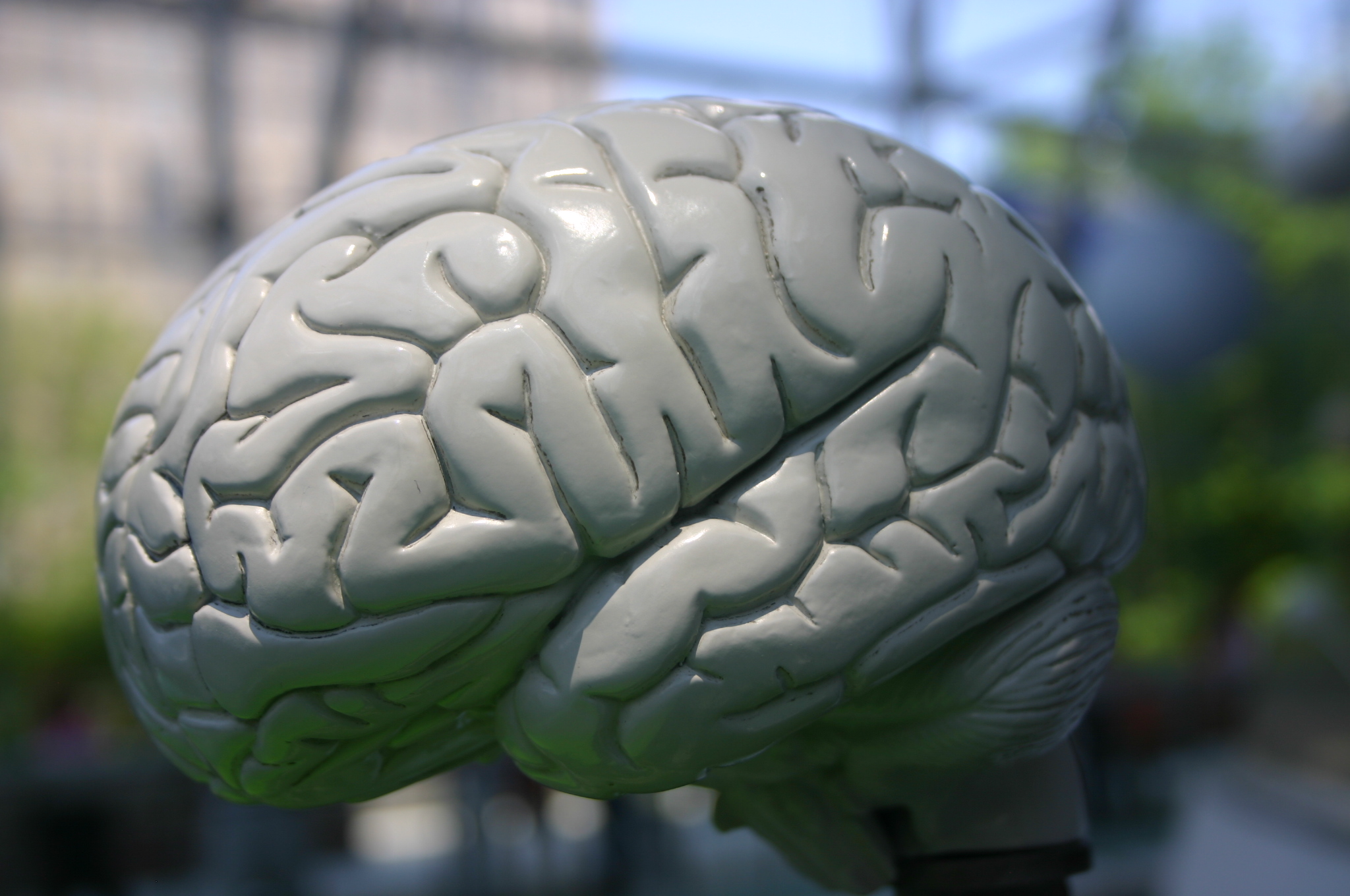WEDNESDAY, Dec. 12 (HealthDay News) — A small new study raises the prospect that hiking in nature could make people more creative by getting them away from the distractions of technology.
Researchers who specialize in psychology and the brain called the study more thought-provoking than definitive. But the study’s lead author, Ruth Ann Atchley, chairwoman of psychology at the University of Kansas in Lawrence, believes it points to a truth about getting outdoors and into the wild.
“There’s a restorative effect of nature that helps us better and more effectively engage in high-order thinking,” Atchley said. “We do think that nature leads to greater levels of creativity.”
Researchers know that nature can affect the mind by relaxing and engaging it, acting as a kind of “positive drug,” she said. The researchers behind the study — from the University of Kansas and the University of Utah — wanted to know about the effects of exposure to nature over a longer term, like a few days.
The study authors gave 10-question creativity tests to two groups of adults with an average age of 28. One group of 24 people took the test before going on nature backpacking trips of four to six days, while the other group of 32 took the test during their trips.
The test asked participants to figure out what tied three words together. For example, the connection between “golf,” “money” and “envy” could be “green.”
The researchers found that the members of the group that took the test while hiking correctly answered 60 percent to 65 percent of the test questions, compared to about 40 percent for those who took the test before hiking.
The test was designed to examine levels of creativity, Atchley said, and she believes the results suggest that exposure to nature boosted creativity in the hikers. The study authors speculated that the minds of the hikers benefited by being away from the distractions of technology because they weren’t allowed to bring along electronic devices.
The study, however, didn’t analyze how much exposure the participants had to electronic distractions back at home, or other kinds of distractions, such as stress at work or family problems.
Also, those who took the test while hiking just may have been more creative overall than the other group. In addition, it’s not clear whether another factor that has nothing specifically to do with exposure to nature — such as an increase in daily exercise — could explain the boost in creativity as judged by the test.
Atchley acknowledged these shortcomings and said the researchers haven’t ruled out an effect from exercise. “The point of this study was to really say, ‘Wow, what a big effect, something matters here, something is improving creativity.'”
Paul Zak, chairman of the Center for Neuroeconomics Studies at Claremont Graduate University in California, said that although the study was provocative, it had substantial flaws and wasn’t designed well enough to allow any strong conclusions. For instance, it didn’t address what the non-hikers were doing before they took the test that could have affected the results, he said.
James Kaufman, professor of psychology at California State University at San Bernardino, said the study overreached by trying to make technology a villain. “Technology also inspires people to be creative,” he said. “It’s a straw man.”
Dean Keith Simonton, professor of psychology at the University of California, Davis, said another factor may be at play: novelty. “Creativity is frequency enhanced when we are obliged to break out of our habitual daily routine, whatever it might be,” he said.
The study appears in the Dec. 12 issue of the journal PLoS One.
More information
Reducing stress may boost creativity. Learn more about stress from the U.S. National Library of Medicine.

